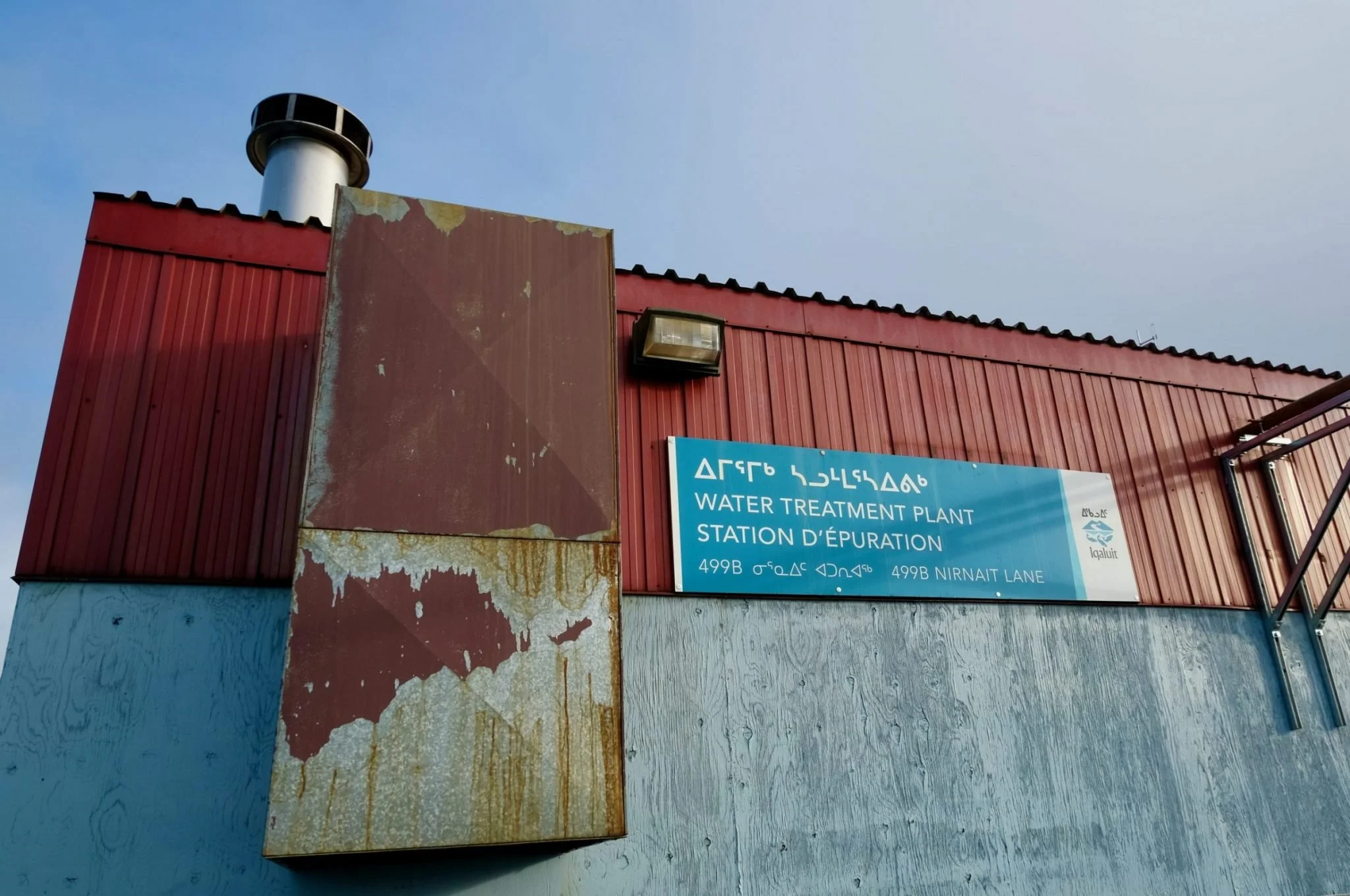A bypass system that allowed people in Iqaluit to drink the city's tap water again after it was contaminated with fuel could have come online earlier, according to a report from a third-party review of the 2021 water crisis. The report prepared by Toronto-based consulting firm DPRA for Nunavut's Department of Community and Government Services (CGS) details how disagreements between the city and territorial government affected the response to the crisis. The report was issued in May and recently provided to CBC News by CGS.
Free well water kits given out by province don't test for hydrocarbons
The free well water testing kits given out by the province to residents impacted by the recent wildfires do not detect hydrocarbons, but there are options if anyone suspects that type of contamination. Hydrocarbons are a large group of compounds that include fossil fuels such as natural gas and petroleum. It can also include home heating oil. Signs of hydrocarbon contamination include odours or an oily sheen on water or soil. If this is detected, the province recommends that people contact an environmental consulting company and ask to speak to an environmental site professional.
Independent investigation into Iqaluit water crisis has not yet begun
Nunavut's health department says it has not yet begun its third party review into last year's water crisis in Iqaluit. In October 2021, the city went nearly two months without clean tap water after hydrocarbons were detected in the city's water supply and ultimately traced to the water treatment plant. A "do not consume" order from territorial health officials was lifted in December, after a bypass had been set up at the plant.
Calls mount for public inquiry into Iqaluit water crisis as Nunavut government changes tune
Calls are mounting in Nunavut for the territorial government to call a public inquiry into the Iqaluit water crisis. The city of nearly 8,000 went for two months without clean tap water last fall after hydrocarbons were detected in the water and ultimately traced to the city's water treatment plant. The do not consume order was lifted in December, after a bypass had been set up at the plant, only to result in a boil water advisory that lasted nine days earlier this month, as residents again reported the smell of fuel in the water.
Iqaluit says trace amounts of fuel found in drinking water again
The City of Iqaluit says trace amounts of fuel have been detected in the Nunavut capital’s water supply. The city says an initial review of data from its real-time monitoring station indicates fuel entered the water on Monday and Wednesday. It says there have been no measurements above low-alarm thresholds, but the city is proactively opening distribution valves to flush the water. The city had already confirmed it was investigating after residents complained they could smell fuel in their tap water again.
Maintenance led to new water tank contamination, City of Iqaluit says
The City of Iqaluit’s new water quality monitoring station detected measurable amounts of hydrocarbons in one of the city’s treated water tanks on Dec. 16, six days after the Government of Nunavut lifted its do-not-drink order. The city disclosed the incident in a Thursday news release that also outlines its work to ensure municipal water is safe to drink, following an eight-week emergency caused by fuel contamination of the water supply.
Iqaluit faced COVID-19, contaminated water and reconciliation in 2021
After about a week of reports in Iqaluit that the city’s water smelled of fuel, and the City of Iqaluit reassuring them it was safe to drink, further testing detected hydrocarbons and led to a two-month state of emergency. As the story developed over two months and national media outlets broadcast clips from Iqaluit, a patchwork system of supports started to materialize. The city and the Government of Nunavut flew bottled water up to the community, monopolizing a big portion of cargo space on incoming flights. Cargo employees worked overtime to offload the large shipments, while volunteers handed it out at pick-up stations and delivered it to homes.
'We're not animals': Frustrations mount for Neskantaga First Nation as water crisis drags on
Canadian Rangers deployed to Neskantaga First Nation during water crisis, Miller says
Canadian Rangers were expected to arrive in Neskantaga First Nation on Friday to help the remote community in northern Ontario as it grapples with a water crisis. Much of the First Nation was evacuated earlier in the month after high levels of hydrocarbons -- chemical compounds found in crude oil and coal -- were discovered in the water supply, forcing officials to turn off the pipes.
New technique could help decontaminate oilsands process water
New technology developed by engineers at the University of Alberta shows potential in cleaning and decontaminating process water from oilsands production. The process relies on ozonation and biofilters to remove organic compounds from contaminated water. The study, published in Science of the Total Environment, demonstrates that the method, previously used to clean pharmaceutical waste water, efficiently removes naphthenic acids, considered to be one of the main contaminants in oilsands process water.
City of Saskatoon sues 2 companies over Aspen Ridge water contamination
The City of Saskatoon has suffered more than $1 million in losses and damages due to water contamination in the Aspen Ridge neighbourhood, a lawsuit alleges. From Jan. 10 to Sept. 14, a “do not use” water advisory was in effect for 19 addresses in the Aspen Ridge subdivision. A black, petroleum-based substance, known as hydrocarbons, surfaced in fire hydrants in the area in December 2016.












